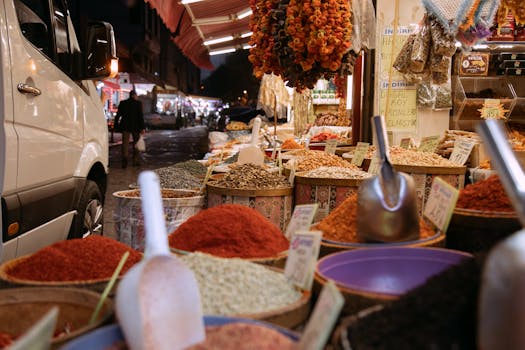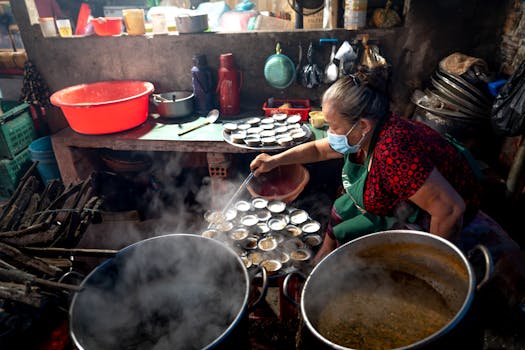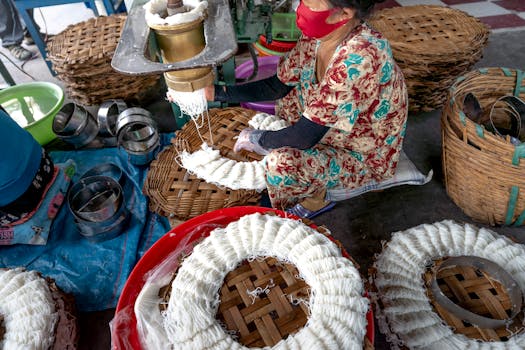
Traditional Cuisine: A Window into Culture
Takeaways: Traditional cuisine is more than just food; it embodies the history, values, and identity of a culture. Through culinary practices and ingredients, we can explore the unique stories and traditions that shape communities worldwide.
Food is a universal language that transcends borders and unites people. Traditional cuisine, in particular, offers a rich tapestry of flavors, techniques, and stories that reflect the cultural heritage of a region. It serves as a window into the customs, beliefs, and histories of communities, allowing us to explore the intricate connections between food and culture.
The Significance of Traditional Cuisine

Moreover, traditional dishes often hold significant cultural symbolism. For example, in many cultures, certain foods are associated with festivals, rituals, or family gatherings. In Mexico, tamales are a staple during celebrations, while in Italy, pasta is a central element of family gatherings. Each dish tells a story, linking individuals to their heritage and fostering a sense of belonging.
Traditional cuisine also plays a crucial role in preserving cultural identity, especially in an increasingly globalized world. As culinary practices evolve and fast food becomes more prevalent, many communities strive to maintain their traditional dishes, ensuring that future generations understand their roots. This preservation of culinary heritage involves not only recipes but also the methods of preparation and the cultural practices surrounding food, such as communal meals and the importance of sharing.
Exploring Culture through Food

Furthermore, traditional foods often reflect the social structure and lifestyle of a community. In rural areas, traditional meals might be hearty and designed to sustain laborers, while urban settings may lead to more refined dishes that incorporate a blend of influences from various cultures. For example, the fusion of flavors in modern urban cuisine often mirrors the melting pot of cultures that characterize metropolitan areas.
Food festivals and culinary tours provide an excellent opportunity to experience traditional cuisine firsthand. These events often celebrate local ingredients and showcase regional dishes, allowing visitors to engage directly with the culture. By participating in cooking classes or tasting local foods, individuals can gain a deeper appreciation for the culinary arts and the stories behind each dish.
Moreover, the resurgence of interest in farm-to-table dining has further highlighted the importance of traditional cuisine. Many chefs are now focusing on using local, seasonal ingredients and reviving forgotten recipes, thus supporting local agriculture and preserving culinary heritage. This trend not only promotes sustainability but also connects consumers to the cultural significance of their food.
Conclusion








